Cambodia genocide: Khmer Rouge prison chief Comrade Duch dies
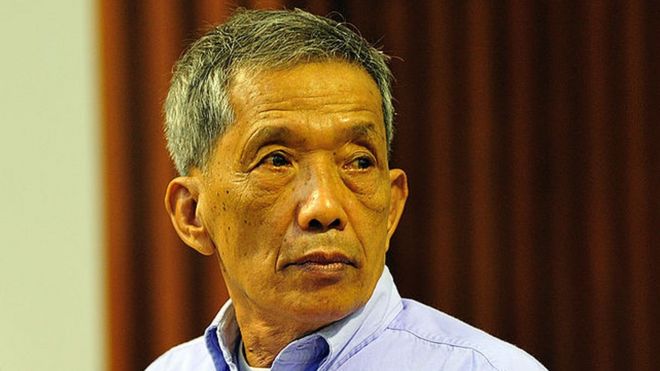
Comrade Duch, a former senior figure of the Khmer Rouge convicted of crimes against humanity in Cambodia, has died.
He was serving a life sentence after being sentenced by a UN-backed court.
Kaing Guek Eav, known as Comrade Duch, ran the notorious Tuol Sleng prison where thousands of people were tortured and murdered in the late 1970s.
As many as two million people are believed to have died under the Khmer Rouge, a Maoist regime that controlled Cambodia from 1975 to 1979.
Duch was the first senior Khmer Rouge leader convicted of crimes against humanity by a UN-backed tribunal in 2010 and sentenced in 2012.
He died on Wednesday, aged 77, a spokesperson for the tribunal said, without giving details of the cause. He had been ill for many years.
"Duch died this morning at 00:52am, on 2 September at Khmer Soviet Friendship Hospital. Details of what he died of, I can't tell," Khmer Rouge tribunal spokesman Neth Pheaktra said.
What happened at Tuol Sleng prison?
Comrade Duch ran the S-21 prison, also known as Tuol Sleng, the most notorious torture site during the Khmer Rouge regime.
It is thought that at least 15,000 men, women and children deemed enemies of the regime passed through the gates of the former school-turned-prison.
Most of them were tortured, forced to confess to fictitious crimes against the Khmer Rouge and then put to death at the so-called killing fields just outside the capital Phnom Penh.
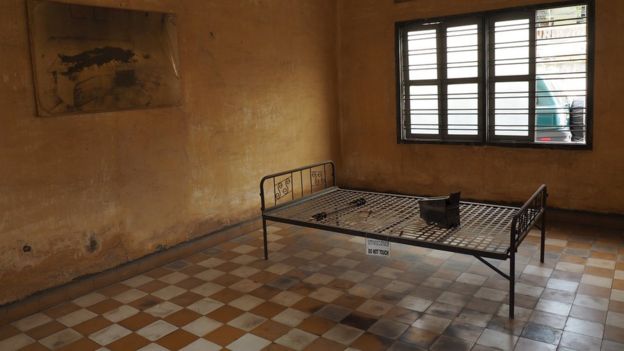 GETTY IMAGES
GETTY IMAGESPrisoners were initially officials from the old government, people accused of being middle class and later mainly Khmer Rouge members suspected of disloyalty.
The guards, who were often teenagers, forced the prisoners to write detailed confessions to whatever they were accused of and implicate friends and family who where then imprisoned in turn.
Those who survived the tortures where eventually taken to the "killing fields" at Choeung Ek where they were killed, sometimes after digging their own mass graves.
Fewer than a dozen prisoners survived Tuol Sleng.
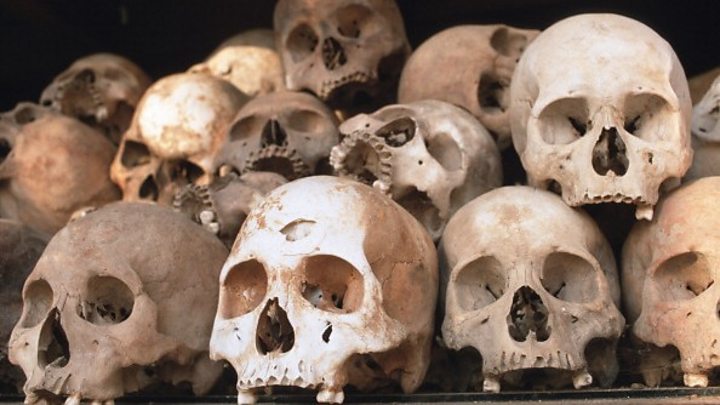
During his trial, Duch admitted he had been in charge of S-21 and apologised for his part in the horrors committed there.
He later claimed he had only been following orders, but his appeal on those grounds was rejected by the tribunal.
Who were the Khmer Rouge?
The brutal Khmer Rouge, in power from 1975-1979, claimed the lives of around two million people.
The regime led by Pol Pot tried to take Cambodia back to the Middle Ages, forcing millions of people from the cities to work on communal farms in the countryside.
They targeted "intellectuals" identified as people wearing glasses.
The regime was ousted in 1979 by Vietnamese troops, but the Khmer Rouge leaders escaped and hid in a remote border region.
The UN helped establish a tribunal to try the surviving leaders, which began work in 2009.
Only three former Khmer Rouge have ever been sentenced - Comrade Duch, the regime's head of state Khieu Samphan and Pol Pot's second-in-command, Nuon Chea.
Who was Comrade Duch?
Duch was born in the early 1940s. He was a teacher but joined the communist party and his leftist activism led to brushes with the authorities.
When the Vietnam war threatened to spill into neighbouring Cambodia, Duch joined the Khmer Rouge communist rebels under leader Pol Pot.
After the rebels took control in 1975, he became the director of Tuol Sleng.
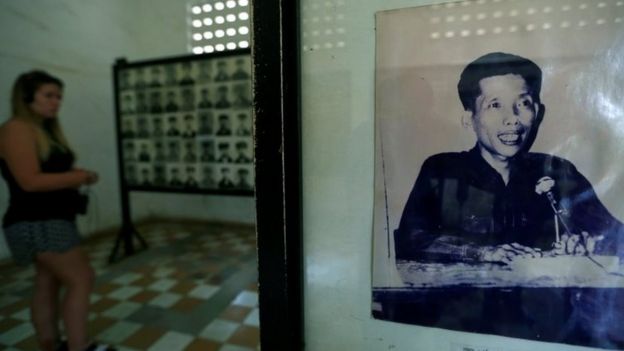 REUTERS
REUTERSWhen a Vietnamese invasion forced the Khmer Rouge from power in 1979, he fled along with the other ousted leaders into countryside near the Thai border.
Living under a false name, he was identified by a journalist in 1999. In subsequent interviews, he admitted to the atrocities at Tuol Sleng but said the orders came from the Khmer Rouge's central committee.
"Whoever was arrested must die. It was the rule of our party," he said. "We had the responsibility to interrogate and give the confession to the central committee of the party."
Ten years later, facing the UN-backed tribunal, he described himself as "deeply remorseful" and apologised to relatives of his victims.
In the closing days of his trial, he asked to be freed, saying he had not been a senior member of the Khmer Rouge hierarchy.
Relatives of his victims said this made a mockery of his claims of remorse.


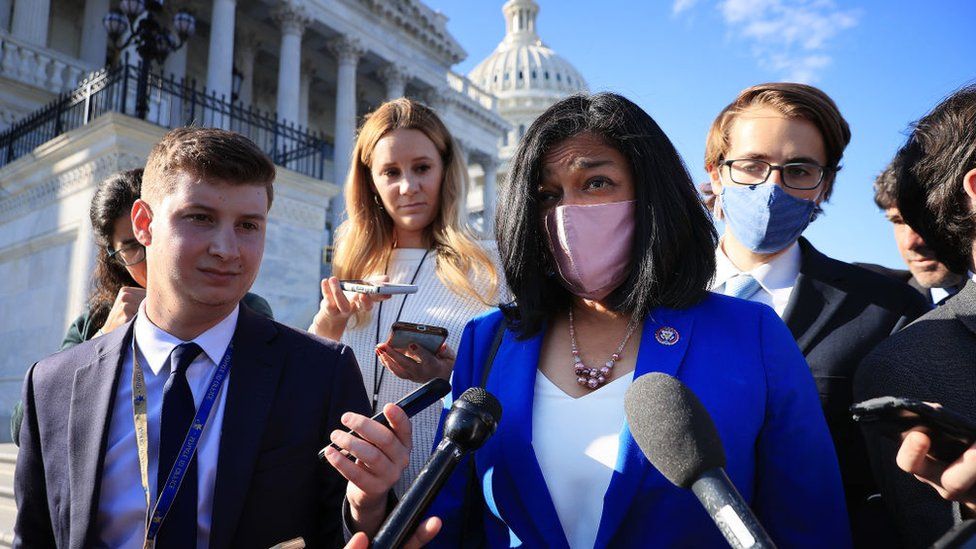






Comments